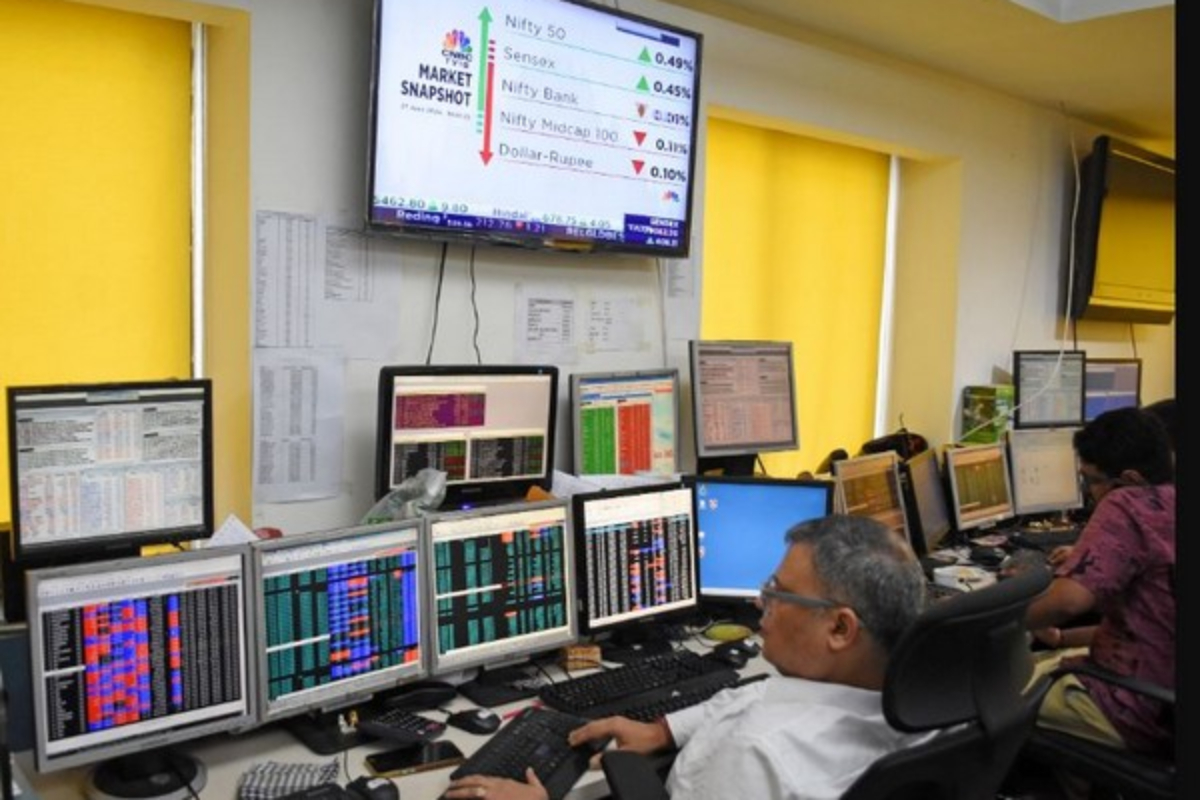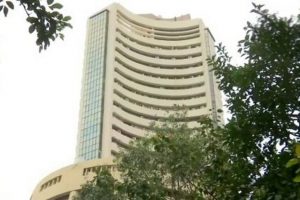Indian stock markets opened with a decline on Monday as the upcoming US election increases volatility in equities worldwide.
The Nifty 50 index opened at 26,061.30 points, down by 0.45 per cent or 117.65 points, while the BSE Sensex fell by 363 points or 0.42 per cent during the opening, settling at 85,208.76 points.
According to experts, as markets enter October, volatility tends to increase due to the US Presidential election season. However, they expect the stock rally to return once the elections conclude.
“India is a beneficiary of the rate cuts as a vibrant emerging market. We are entering a historically weak month for US equities, which normally weaken going into the Presidential Elections and then rally, irrespective of the result for the US Presidency, the Senate and the US House of Representatives.” said Ajay Bagga, Banking and Market Expert.
He further stated on US election effect on stock markets “The close contest this time around raises the specter of many days and weeks of uncertainty and recounts in close, swing states. That will lead to market volatility for sure. Fasten seatbelts for a very interesting October but stay invested. It’s not going to be an easy October nor a one-way market”
In the sectoral indices on the National Stock Exchange, all sectors opened in the red except Nifty Metal, Nifty FMCG, and Nifty Pharma. Nifty Metal continued to rally, with a 1.22 per cent surge during the opening session.
The top gainers of the Nifty 50 include NTPC, Hindalco, BPCL, JSW Steel, and Tata Steel, while the top losers include Hero MotoCorp, Tech Mahindra, Infosys, Nestle India, and ICICI Bank.
In the Asian markets, Chinese and Hong Kong markets rallied on Monday due to stimulus measures unleashed on both the monetary and fiscal policy fronts.
Over the last week, the Chinese market cap has risen by USD 1.3 trillion, and the Hong Kong market cap is up by USD 500 billion. The Shanghai Composite surged by more than 5 per cent, while Hong Kong’s Hang Seng gained 1.95 per cent.
However, Japanese markets faced pressure on Monday as the Nikkei 225 index declined by around 5 per cent. Experts attribute this to the finalization of Shigeru Ishiba as Prime Minister, who supports the Bank of Japan’s path toward policy normalization.



